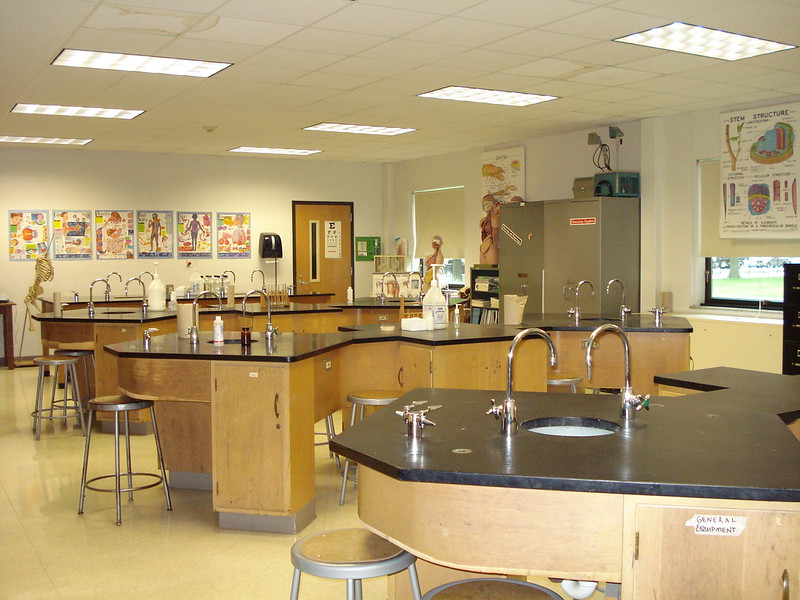As a medical student, finding a research mentor can be a challenging task. However, with careful planning and communication, building a productive and mutually beneficial mentor-mentee relationship is possible. Having participated in both clinical and translational research as a medical student, including a dedicated research year prior to applying for residency, I have been able to reflect on the relationships I developed during these scholarly pursuits. As a result, I have identified common themes that are essential in fostering a productive mentor-mentee relationship, regardless of the nature of the research project. The purpose of this piece is to provide advice and guidance to medical students seeking a research mentor.
One way to reach out to potential mentors is through a brief email asking for a meeting. It is essential to research the mentor’s professional and specialty interests prior to introduction or before the meeting. Referencing a talk, seminar or their latest publications through a scholarly search engine like PubMed or Google Scholar can be a great way to break the ice and demonstrate genuine interest. In these early emails, sharing personal goals and interests is essential, even if you are still developing them.
Availability is another critical aspect to mention, such as whether one can take on a large longitudinal project or just a case report and whether one’s availability is now or in the future. For those still deciding on a specialty, it is best to choose a single project instead of multiple projects that cover every interest. The project should showcase curiosity and an ability to engage in scholarly work regardless of the specialty interest.
Residents and upper-class medical students are excellent resources to ask for advice on who to contact and their project availability. Although it is acceptable to reach out to multiple mentors, when a mentor has been assigned, it is essential to communicate with any other potential mentors who were contacted to let them know that another opportunity is being pursued.
When assigned a project, make it your own. Taking ownership of the project will lead to an even more robust end product. Also, show initiative in seeking answers and solutions before asking the mentor. However, communication with your mentor is key. It is always best to speak with your mentor when help is needed and to convey your progress with the project.
Starting a project early and making timelines is crucial, especially if it requires Institutional Review Board (IRB) approval. Maintaining a schedule and evaluating timelines are also essential. Mutual respect is crucial, and constructive feedback should be sought out regularly. Getting to know the entire team is vital as they can become invaluable colleagues who often have answers to questions and can serve as future mentors.
Finding a research mentor may be challenging for medical students, but a productive and beneficial relationship can be established and sustained with careful planning, communication, and mutual respect. Over-communicating is always better than under-communicating, and students should take ownership of their projects to showcase their capabilities. Finally, remember a strong mentor-mentee relationship can be a valuable asset in your professional journey. This relationship is crucial to cultivate and maintain as they can be your advocate when it matters and influence your career interests and trajectory.
Image credit: Laboratory (CC BY-NC 2.0) by biologycorner




